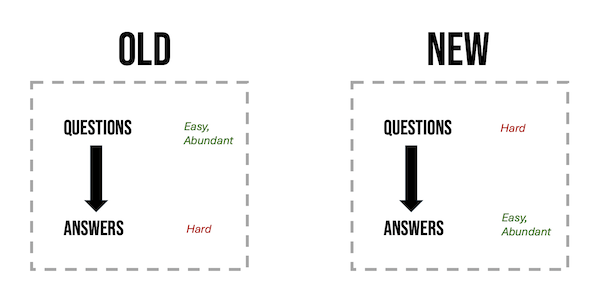My Publications
Research
Youth and AI
Together with Prof. Toshie Takahasi, we worked with 250 young people from 36 countries to understand their views on AI - their hopes, fears and questions. The final report shows general enthusiasm about AI, although unemployment is a fear in many parts of the world.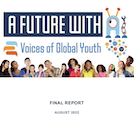
Ethical AI
A few years ago, I wrote an article that discusses an Ethical Framework for AI at the UN. This contributed to what eventually became the UN's Principles for the Ethical use of AI which were adopted in October 2022.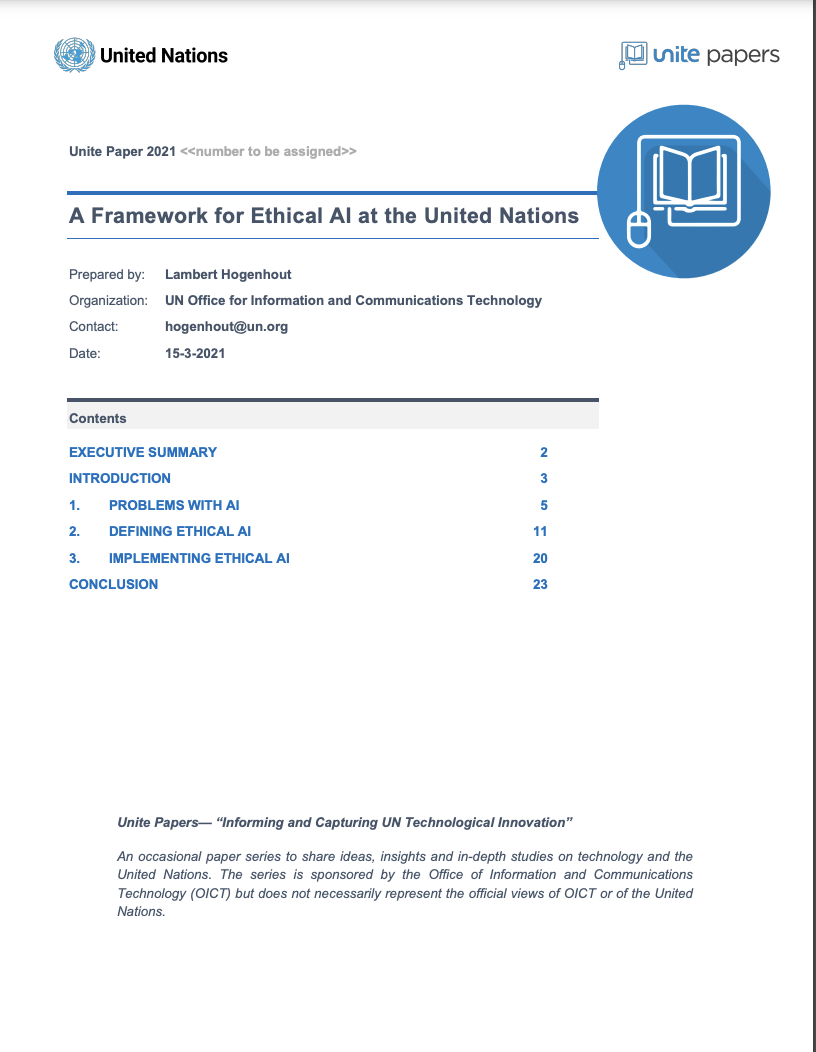
Non-fiction
Data Privacy
Together with Amanda Wang, I wrote Data Privacy across Borders to help organizations that operate globally to develop an approach for Data Privacy. It advocates shifting from a compliance driven mindset to using Data Privacy as a strategic differentiator.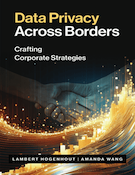
Fiction
Seven Short Stories
Life is not always easy. In these stories we get to know 7 different individuals: their dreams the challenges they face and the choices they make. What role do fame, courage, hatred, respect, hope and sincerity play? Are they making life easier or more complicated?
The short stories can be enjoyed individually, but they also fit together like pieces of a puzzle — a truly unique book.

Dancing on the Equator
A crime novel set on board of the Normandie, a luxury cruise ship, traveling from New York to Rio de Janeiro. It is early 1939 and tensions are high in Europe, but the passengers onboard the Normandie are living it up. Yet not all is as it seems.
(Out of Print)
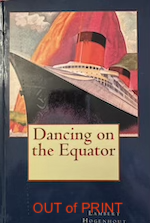

 It is well known that the large LLM foundation models have been trained mainly on either English or Chinese language content. There is cultural bias too: ask DALL-E for a picture of breakfast and it will likely show you bacon and eggs - not idli or tortillas or muesli or other breakfasts that are common in 90% of the world.
It is well known that the large LLM foundation models have been trained mainly on either English or Chinese language content. There is cultural bias too: ask DALL-E for a picture of breakfast and it will likely show you bacon and eggs - not idli or tortillas or muesli or other breakfasts that are common in 90% of the world. We need models that represent local cultures. And it is not a one-time effort. As models keep evolving (and at some point may use very different architectures than current LLMs), it also takes a constant effort to produce new versions of these models for each cultural context. Countries need to establish capacities dedicated to do so. Therefore they need to be sure to put enabling conditions in place to train AI engineers.
We need models that represent local cultures. And it is not a one-time effort. As models keep evolving (and at some point may use very different architectures than current LLMs), it also takes a constant effort to produce new versions of these models for each cultural context. Countries need to establish capacities dedicated to do so. Therefore they need to be sure to put enabling conditions in place to train AI engineers.